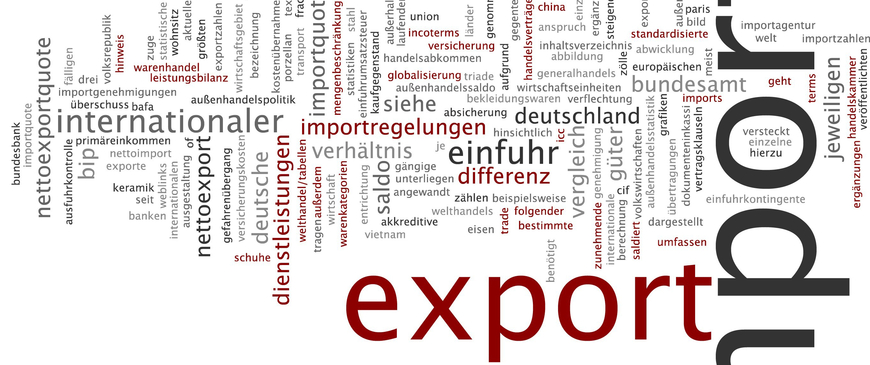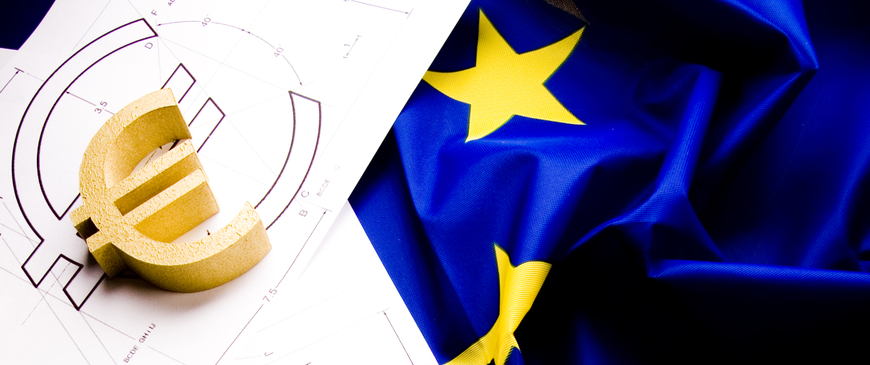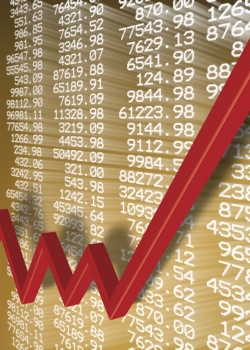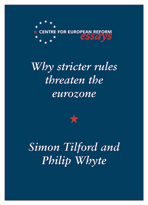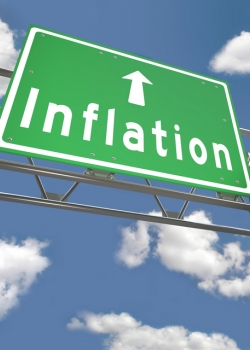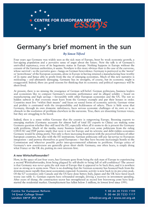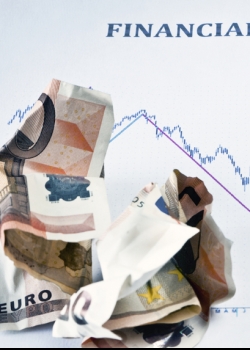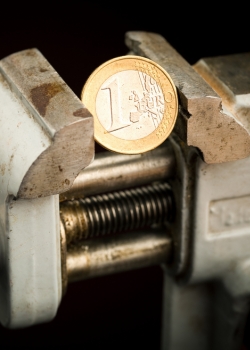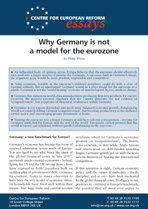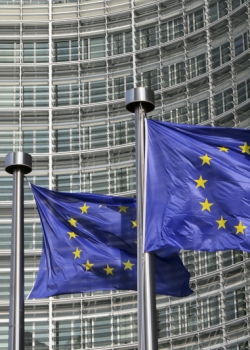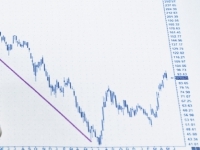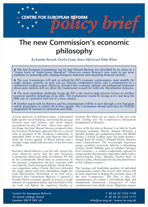Economic growth
Issue 82 - 2012
27 January 2012
- Needed: A growth strategy for Europe, Simon Tilford
- Why an EU financial transactions tax is a red herring, Philip Whyte
- The US declares peace in Europe, prematurely, Tomas Valasek
Needed: A growth strategy for Europe
26 January 2012
The struggle to address the eurozone crisis means that Europe's unprecedented economic malaise is receiving far too little attention. To the extent that the EU has a growth strategy it relies heavily on the adoption of structural reforms in the crisis-hit eurozone economies. But such reforms alone will not drive...
Why stricter rules threaten the eurozone
09 November 2011
To restore confidence in the eurozone, leaders must fix its institutional flaws and stretch some rules in the interim. Instead, they are doing the opposite.
Global trade imbalances threaten free trade
17 October 2011
The G20 needs a strategy to rebalance demand between the surplus and deficit economies if the world is to avoid a slide into protectionism.
Eurozone crisis: Higher inflation is part of the answer
03 October 2011
The ECB’s inflation target is too low for a currency union. It risks depressing economic growth and makes it hard for countries like Spain and Italy to regain competitiveness.
Innovation: How Europe can take off
08 July 2011
Every EU government supports innovation, believing that it will help Europe to meet the numerous economic, social and environmental challenges that it faces.
Germany's brief moment in the sun
27 June 2011
Four years ago, Germany was widely seen as the sick man of Europe, beset by weak economic growth, a fast-ageing population and a pervasive sense of angst about the future.
Issue 77 - 2011
25 March 2011
- Europe needs a military avant-garde, Charles Grant
- The eurozone's grand bargain: Political pain without economic gain? , Philip Whyte
- The EU budget: The Union risks having the wrong debate, Stephen Tindale
Is Germany really rebalancing?
01 February 2011
Germany has rightly been criticised for its dependence on exports and its huge trade surpluses. In normal times, when economies are growing healthily, trade imbalances pose less of a problem.
Issue 76 - 2011
28 January 2011
- European political parties are the key to EU legitimacy, Sir Julian Priestley
- A new opportunity for EU foreign policy, Charles Grant, Katinka Barysch, Tomas Valasek
- Is Germany really rebalancing?, Simon Tilford
Euro crisis: In defence of investors
17 January 2011
The eurozone’s fiscal position is better than the US and UK, and the crisis-hit members of the currency union are doing more to strengthen their public finances than either of these countries.
Issue 75 - 2010
26 November 2010
- The eurozone enters a critical phase, Simon Tilford
- The next five years of the euro crisis: Five key questions, Charles Grant
- Britain cannot afford to neglect EU defence efforts, Clara Marina O'Donnell
Why Germany is not a model for the eurozone
22 October 2010
Many Europeans believe that confidence in the eurozone is best restored by turning the region into a larger version of present-day Germany. However, Germany is not the world-beating economy of current myth.
Eurozone governance: Why the Commission is right
04 June 2010
The collapse of market confidence sparked by the parlous state of Greece’s public finances is forcing the EU to review how the eurozone is run. This is entirely welcome.
Business leaders risk discrediting markets
13 May 2010
Despite their battered reputation, markets remain the best way of generating economic growth. But the market economy faces a crisis of legitimacy brought about by rising inequality and a breakdown of the relationship between risk and reward.
Whatever happened to the G20?
14 April 2010
George W Bush convened the first G20 summit in Washington in November 2008, at the height of the global financial and economic crisis. At two further summits in 2009, G20 leaders pledged to co-ordinate their economic stimulus packages (as well as exit strategies), avoid protectionism, address global imbalances, triple the resources of the IMF, and work out stricter rules for banks, hedge funds and other financial players.
There can be no eurozone stability without economic growth
01 April 2010
The German government believes that tougher fiscal rules are the solution to current strains in the eurozone. No doubt such rules are necessary. But they are not enough.
Why Christine Lagarde is right about Germany
26 March 2010
Greece’s recent fiscal travails have, slightly unexpectedly, thrown the spotlight on Germany’s current-account surplus. In mid-March, France’s finance minister, Christine Lagarde, urged Germany to do more to boost domestic demand – a call echoed by the European Commission’s president, José Manuel Barroso.
It’s the economics, stupid
26 February 2010
There was always a risk that a one-size-fits-all monetary policy would lead to big divergences in inflation and competitiveness across the eurozone. This, in turn, would result in trade imbalances which would be difficult to reverse.
The new Commission's economic philosophy
08 February 2010
The broad orientation of the Commission's economic policy is unlikely to change. It will continue to defend the single market, free trade and a tough competition policy.


